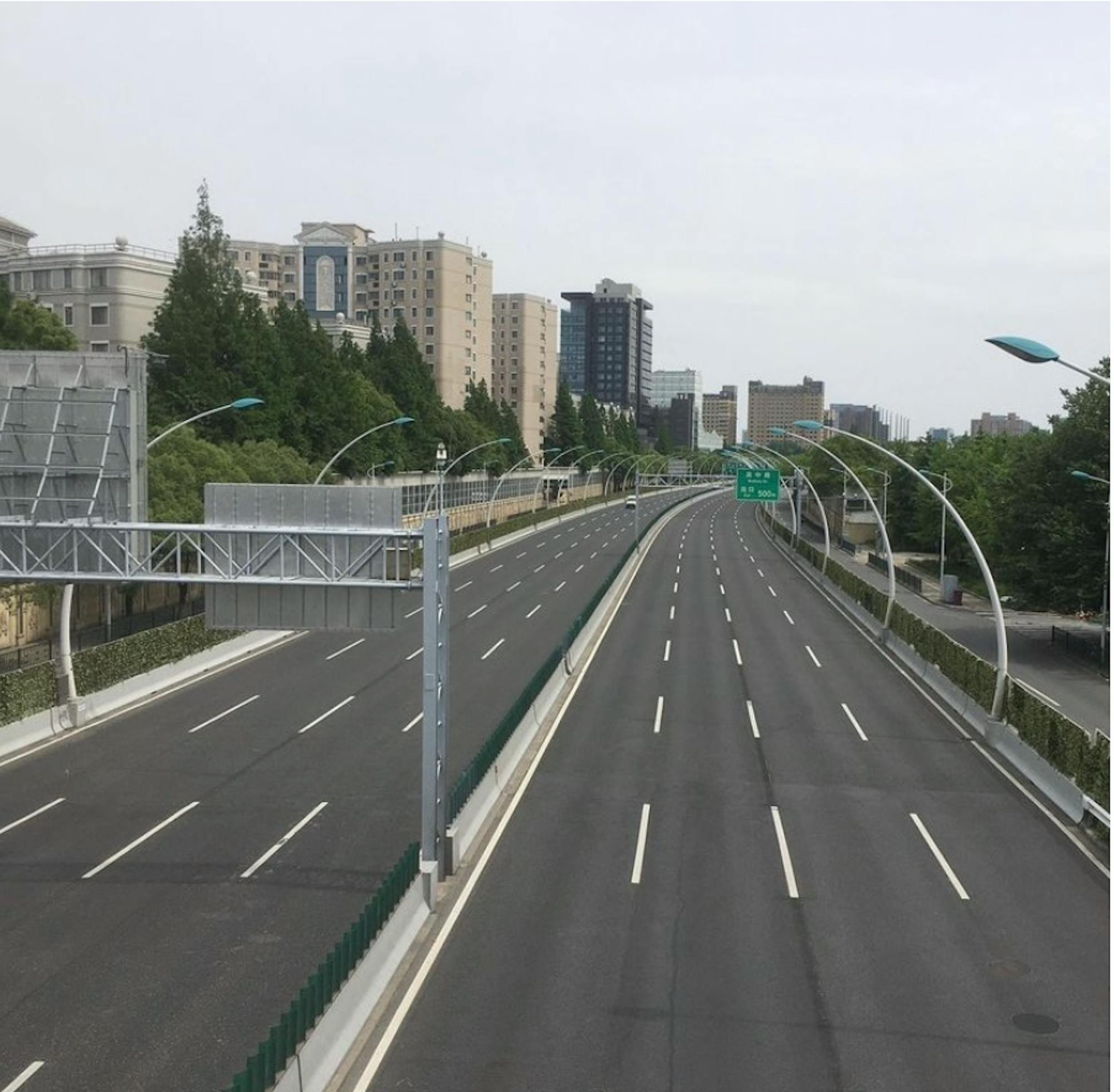When the coronavirus first began to spread across the world, countries were gripped by fear and uncertainty. At the initial stages of the pandemic, China and the United States demonstrated two starkly different approaches to handling the virus. China immediately implemented strict centralized efforts: Lockdowns were put into place and new hospitals were built within weeks. The U.S. however was sorely lacking in efficient and organized efforts. The country faced mass shortages of medical resources and was led by a president who downplayed the severity of the situation and exacerbated many Americans’ distrust of scientific guidelines.
The political discourse that we were exposed to at the time was dominated by narratives of how China’s COVID-19 restrictions were “authoritarian” by nature. However, while COVID-19 cases continued to soar in the US and other similarly lax countries months after the pandemic began, China had been gradually recovering and shutting down any new outbreaks. It was clear then that China had taken the needed measures to combat the pandemic; they were neither authoritarian nor evil after all.
Today, however, we can no longer laud China’s COVID-19 restrictions. It has been almost three years since the virus first launched its onslaught onto the world. Now, it has evolved countless times, mutating most recently into the omicron variant, which is much less lethal than previous variants. As we have witnessed in the U.S. and in Europe, people are slowly beginning to safely resume a pre-pandemic style of life. This begs the question: Why is China still persisting with policies of the same intensity as the initial stages of the pandemic? In the beginning of April 2022, Shanghai entered a two-month lockdown after the city with a population of around 26 million reported 8,581 asymptomatic cases and 425 symptomatic cases. A QR code tracks your testing status, and you must scan this code before entering most any location.
The extent of these restrictions, particularly the QR code, seems almost dystopian. To answer why China is still acting in this way about the pandemic, we have to look at the political situation in Beijing. As the virus ceases to exist as a public health crisis, the policy is no longer a benevolent effort; it is instead a symbol of the power that exists within China’s government. The lockdown harms the very people that it tries to protect, inflicting a sense of unnecessary panic and urgency. At the core of the matter, Beijing may view its lack of COVID-19 cases as a way to further itself in its rat race on the international stage, particularly with the U.S.; it cannot abandon this competition now. Essentially, the Chinese government has pushed itself into a corner: It cannot disregard the “Zero Covid” policies it has so staunchly defended as the virus still circulates. A tradition of authoritarianism in China also emboldens figures of power to secure control of the masses in any way necessary.
China’s Zero Covid policy has also slowed the nation’s economic growth. The quarantine that happened earlier this year shut down the site of the world’s busiest port, Shanghai, along with many other industries and businesses. In fact, China’s economy, one of the biggest in the world, shrunk by almost 2.6% in a three-month period earlier this year. While Beijing attempts to convey a sense of superiority in its handling of the virus, countless local businesses and people suffer as a result. China’s insistence on continuing these economically destructive restrictions proves even further that there is a total lack of concern for the nation’s wellbeing; it all comes down to power.
Beyond having a disastrous political and economic effect, China’s COVID-19 restrictions have deteriorated the psychological landscape of the nation. In Wuhan, for example, the city was completely locked down for two months, with every shop closed and residents confined to their homes. This summer, residents were again confined after four asymptomatic cases were reported. One really questions whether limiting the spread of the virus should come at the expense of freedom.
Shanghai, the city that was once called the “Pearl of the Orient,” has lost its shine. Shanghai serves as another example of these heartbreaking social effects. The photo of Shanghai published with this article, captured by Andres Batista, shows its empty streets during the May lockdown. Shanghai, like Wuhan, is no longer the bustling city that it once was. It seems that the memory of China that most people have is withering into the past.
The world now is largely recovering from the last vestiges of the coronavirus. While initially motivated by perhaps more noble causes, we believe that the advent of time has exposed political insecurities that have now transformed China’s COVID-19 restrictions into a symbol of political control. As seen by objective facts of the deterioration of the economy, and Chinese people’s awareness of the damaging social effects of the Zero Covid policy, it can no longer be disputed that such severe COVID-19 measures still exist in China only for more insidious political agendas of oppression and power.





